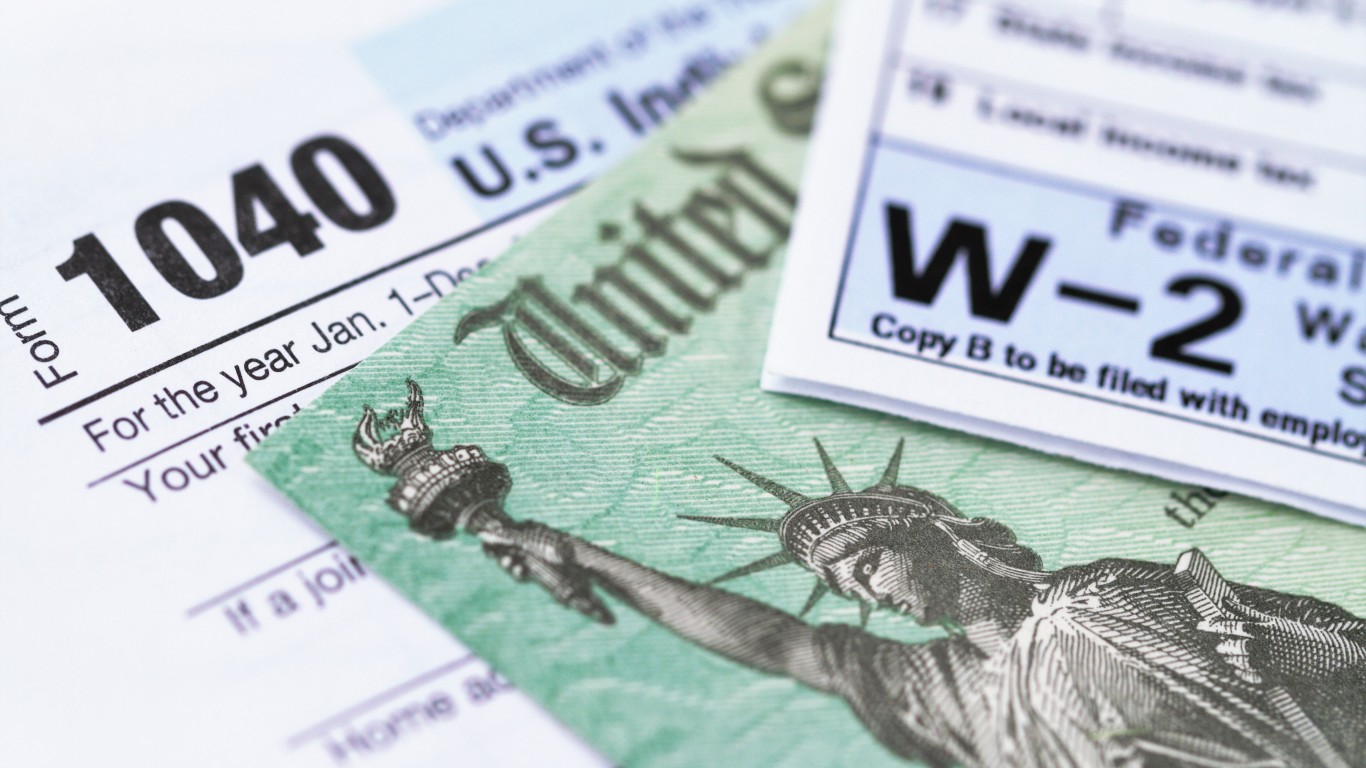Virtu Financial Inc. was supposed to be one of the top ten IPOs of 2014. Now it appears as though the high frequency trading shop, which almost never loses money on a daily basis, may be delaying its initial public offering. With the press pickup of late against high-frequency trading, one has to wonder if the company’s IPO could face more than just a short-term delay.
A formal delay has not been confirmed. A couple of issues have come up. Goldman Sachs Group Inc. (NYSE: GS) may be changing its floor operations, and the talk is that the IPO roadshow is being pushed back at least a week. Then there are the investigations into high-frequency trading and whether preferential treatment is being given by the stock exchanges.
The media is uncertain about this as well. Many reports are out about delays, but nothing solid under confirmation. As a reminder, even if this does come to market, the filing showed that founder Vinnie Viola will have majority control due to the multiple share classes.
Goldman Sachs, J.P. Morgan and Sandler O’Neill are the book runners. Co-managers were listed as Barclays, BMO Capital Markets, Citigroup, Credit Suisse and UBS.
The big debate on CNBC this week highlighted just how each side feels about high-frequency trading. The Michael Lewis book called “Flash Boys” also highlights how the stock market is rigged against the individual investor.
These issues are likely to act as an overhang for both the IntercontinentalExchange Group Inc. (NYSE: ICE) and the Nasdaq OMX Group Inc. (NASDAQ: NDAQ) as well. Remember, Virtu claims on its own to make markets in more than 10,000 securities and financial instruments on more than 210 different exchanges, markets and liquidity pools in 30 countries around the world. Nasdaq and NYSE/ICE are of course among those.
Whether the stock market rigged is one thing, but when Virtu disclosed that it has lost money on only one day in roughly five years, that just adds fuel to the fire against the stance that the market is fair.
Thank you for reading! Have some feedback for us?
Contact the 24/7 Wall St. editorial team.


